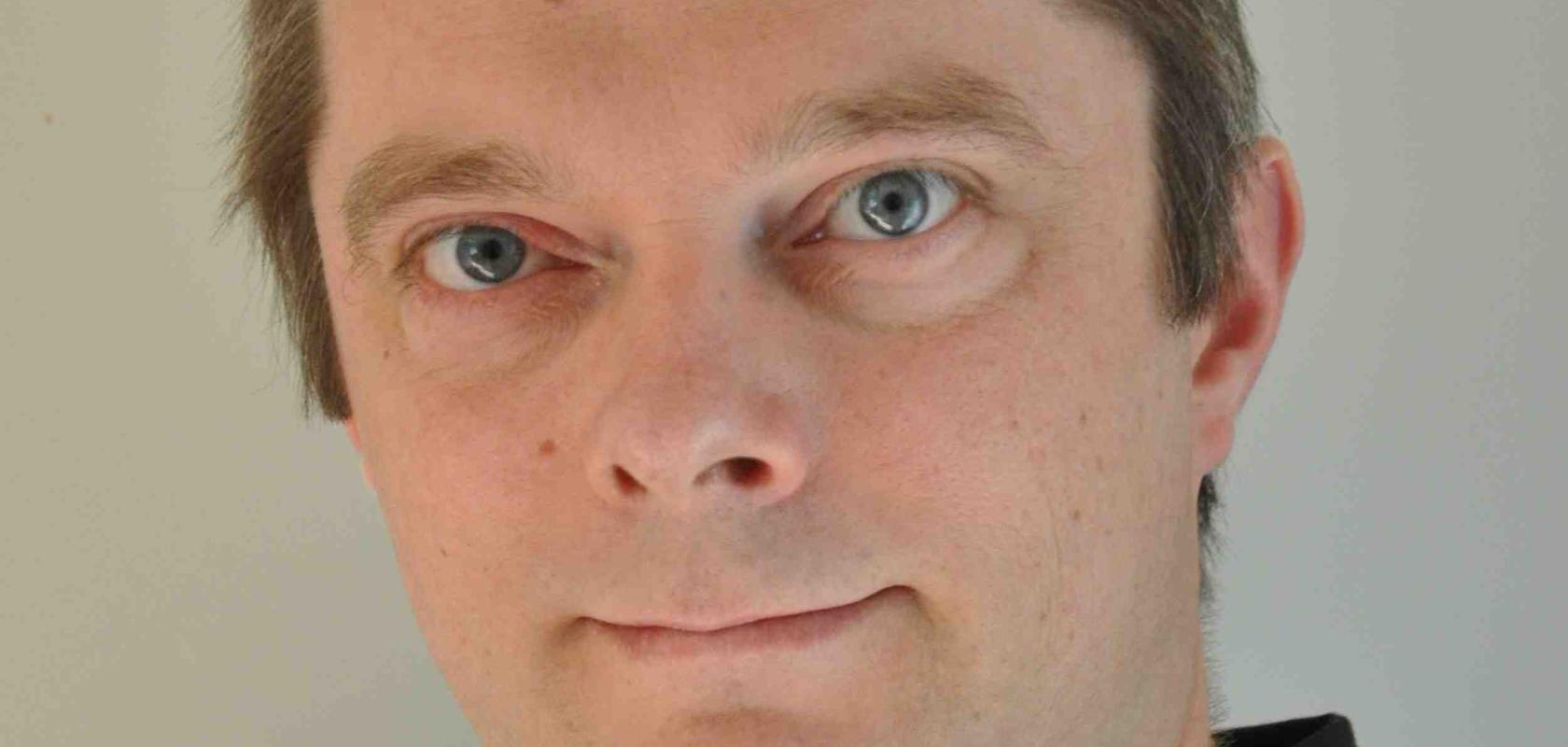Professor Matthieu Roussey, a member of the EOS board of directors, details how Finland is addressing the challenge of sourcing skilled workers
Although the country has just 5.5 million inhabitants, photonics is booming in Finland. Globally, photonics is growing at about seven per cent per annum – whereas, in Finland, growth is close to 20 per cent, which I believe is mainly thanks to the potential the country offers to companies of all sizes.
However, a current factor limiting the expansion of the region's photonics industry is a lack of educated and capable workers.
Finland is working to change this. Funding schemes exist to transfer the most advanced technologies from universities and research centres to industry, which, combined with exceptional resources for teaching, enables the creation of start-up and spin-off companies.
For instance, the international master's degree in photonics, at the University of Eastern Finland, provides a complete set of lectures and laboratory practices every year for many foreign students. This contributes to a pool of excellence in terms of skills, knowledge, and know-how in photonics. A large number of students from the course find good employment afterwards, in Finland or abroad.
Other programmes such as the JFK project (Joensuun Fotoniikan Koulutuspolku or Photonics Education in Joensuu) aim to find an ideal solution for teaching photonics. Photonics education and its development is a top priority in Europe. The two-year JFK project at the University of Eastern Finland – developed together with Riveria (vocational education), Karelia (an university of applied science) and Joensuu Science Park – aims to create an innovative path from second degree to doctoral level.
Recognised as a key-enabling technology by the European Commission, photonics belongs to the priorities of the Academy of Finland, which was recently granted the flagship photonics programme, the Photonics Research and Innovation platform (PREIN). PREIN is driven by a consortium of four of the main optics leaders in Finland: Tampere University, Aalto University, University of Eastern Finland, and VTT (a research centre with different locations in Finland).
By combining their skills, PREIN partners aim at tackling, with photonics solutions, the biggest challenges in important fields such as communications, detections, sources, sensing, and energy. However, the impact of the project is much broader than just science - it will generate new job opportunities, collaborations, and sustainable solutions for environment. An important role is communicating the need to make photonics known to all generations and to transfer the know-how from academia to industry by making research facilities more accessible to non-specialised companies. From theory to applications and the commercialisation process, PREIN is acting on all fronts to advance photonics.
The European project ActPhast is a photonic incubator helping small and medium enterprises to solve problems by providing short but effective projects and by making research and development facilities available in European universities. For an SME, whatever its activities, the solution is simple. It needs only to register an interest on the ActPhast website, and someone will contact the company and find an appropriate European partner. While the ActPhast leader board is located in Brussels, many Finnish scientific institutions are involved in this initiative.
As a French European living and working in Finland, I want to acknowledge my host country for its foresight in making photonics such a high priority. In November, the European Optical Society will celebrate the 50th anniversary of on-chip optical integration by organising the first EOS topical meeting on integrated optics (IntOp 2019) in Joensuu. Take this opportunity to visit Finland!


